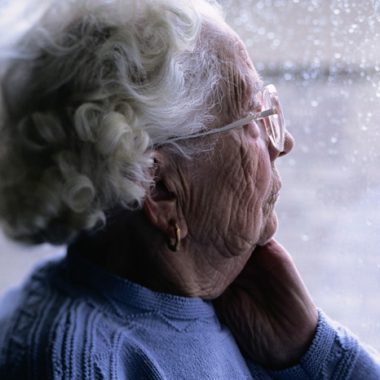Community-based mindfulness meditation interventions (MMIs) could help older adults with moderate sleep disturbances, a new study has revealed.
The researchers, led by David Black from the University of Southern California in Los Angeles, describe MMIs as ‘evidence-based programs for stress-related ailments that train one in the systematic practice of attending to moment-by-moment experiences, thoughts, and emotions from a non-judgmental perspective’.
The small study of 49 people involved two parallel groups of people who were over 55. One group of 24 people focussed on mindfulness awareness practices which included meditation, eating, walking, movement and kindness practices. A second group of 25 people took a sleep and education course which included learning about sleep problems, stress reduction, relaxation methods and weekly behavioural hygiene strategies.
After the six-week programmes were completed the researchers found that sleep quality for people in the mindfulness programme had improved on the Pittsburgh Sleep Quality Index from 10.2 to 7.4 – an average of 2.8 points. People in the sleep hygiene group only improved by an average of 1.1 points, from the baseline of 10.2 to 9.1.
The study also revealed that symptoms of insomnia, fatigue and depression improved more for people in the meditation group than those in the sleep hygiene programme. However, anxiety symptoms improved equally in both groups.
Previous studies found sleep benefits from movement-based meditation programmes, such as tai chi, but none have looked at the possible benefits of non-movement meditation, according to the researchers writing in JAMA Internal Medicine 16 February.
The researchers point out that sleep disturbances are most prevalent among older adults and often go untreated. Treatment options for sleep disturbances remain limited, and there is a need for community-accessible programs that can improve sleep, say the researchers.
‘Pending future replication of these findings, structured mindfulness meditation training appears to have at least some clinical usefulness to remediate moderate sleep problems and sleep-related daytime impairment in older adults,’ the researchers concluded.
Pulse October survey
Take our July 2025 survey to potentially win £1.000 worth of tokens














